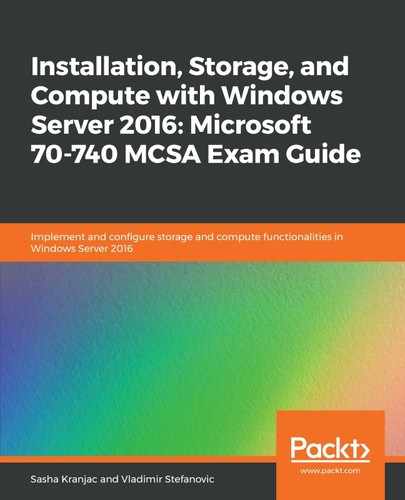For performance-demanding environments, such as virtualization scenarios, ReFS offers several advantages, such as Mirror-Accelerated Parity, a technology that brings mirroring and parity to Storage Spaces Direct and offers fast write performance paired with efficient fault-tolerance.
Block-cloning enables the operating system to perform fast and efficient copy operations, while integrity streams in ReFS maintain the data integrity and performs the validation using checksums, checking whether the data is corrupt, and performing the repairs accordingly.
NTFS is widely used as an all-purpose filesystem, while ReFS is used in specific workloads and scenarios where increased availability, scalability, and resilience is required.
Storage Spaces and Storage Spaces Direct take advantage of ReFS to achieve high-performance, mirror-accelerated storage, block cloning, and sparse VDL functionalities, which dramatically increase virtual hard disk (VHD) operations; alternate data copies, online corruption repair and integrity streams deal with data corruption.
The following table lists the feature or functional differences between NTFS and ReFS:
| Feature or functionality | NTFS | ReFS |
| Offloaded Data Transfer (ODX) | Yes | No |
| Block clone | No | Yes |
| Sparse VDL | No | Yes |
| Mirror-accelerated Parity | No | Yes |
| File system compression | Yes | No |
| File system encryption | Yes | No |
| Transactions | Yes | No |
| Hard Links | Yes | No |
| Object IDs | Yes | No |
| Short names | Yes | No |
| Extended attributes | Yes | No |
| Disk quotas | Yes | No |
| Bootable | Yes | No |
| Page file support | Yes | No |
| Removable media support | Yes | No |
